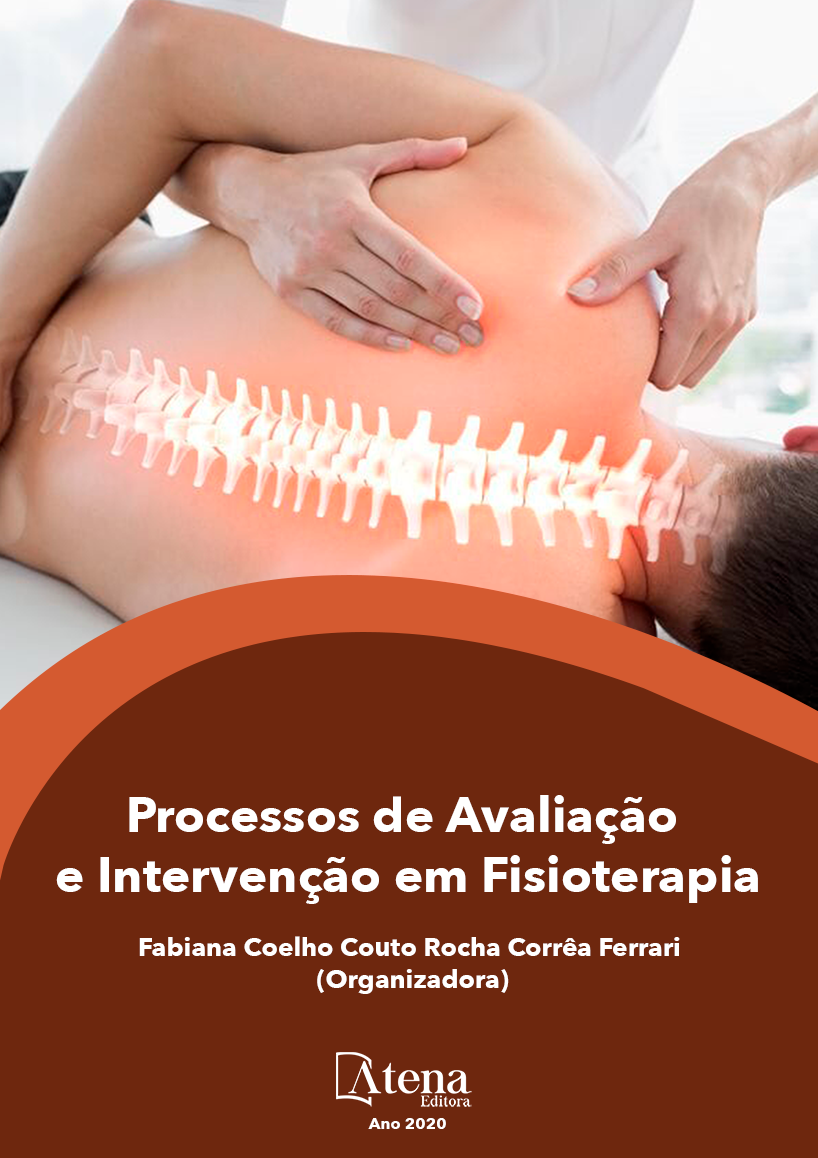
AVALIAÇÃO DA QUALIDADE DE VIDA EM MULHERES NO PÓS-CIRÚRGICO DO CÂNCER DE MAMA
O câncer de mama é uma doença temida pelas mulheres já que causa grandes alterações na autoimagem, com forte impacto em suas vidas e de seus familiares. O objetivo do estudo foi avaliar a qualidade de vida no pós-cirúrgico do câncer de mama. Trata-se de uma pesquisa descritiva e transversal. A amostra foi composta por 19 mulheres portadoras do câncer de mama que realizaram mastectomia entre 2008 à 2018, selecionadas a partir do cadastro do Hospital do Câncer de Patrocínio-MG, entre 40 e 70 anos de idade. Aplicou-se um questionário sociodemográfico e clínico e o FACT-B para avaliação da qualidade de vida. A análise dos dados foi descritiva, as comparações e correlações entre as variáveis foram consideradas significantes para p≤0,05. A maioria das participantes encontravam-se com 40 a 59 anos de idade (63,1%), sendo casadas (57,9%), com mais de dois filhos (52,6%). Afirmaram terem feito cirurgia conservadora (47,4%) há menos de cinco anos (68,5%), com quimio/radioterapia antes ou após a cirurgia e sem reconstrução mamária (89,4%, respectivamente), não sentindo mudanças na vida sexual (73,7%) e nem dificuldades em lidar com o corpo após a cirurgia (78,9%). Houve correlação estatisticamente significante entre os períodos pré e pós-cirurgia tanto para as quimioterapias (p=0,02) e radioterapias (p=0,02) quanto para o tratamento adjuvante de hormonioterapia (p=0,00). Quanto à qualidade de vida, a menor média foi encontrada no domínio bem-estar funcional (x=18,1), demonstrando que as participantes encontram-se fisicamente abaladas. Conclui-se que as participantes desse estudo apresentaram qualidade de vida moderada. Acredita-se que incluir medidas de QV em pesquisas científicas sobre o câncer de mama seja relevante, podendo guiar estratégias de enfrentamento de fatores que potencializam o desconforto e o sofrimento, no intuito de minimizá-los, favorecendo a recuperação física e emocional da mulher.
AVALIAÇÃO DA QUALIDADE DE VIDA EM MULHERES NO PÓS-CIRÚRGICO DO CÂNCER DE MAMA
-
DOI: 10.22533/at.ed.6292026051
-
Palavras-chave: Câncer de mama; Fisioterapia; Qualidade de vida.
-
Keywords: Breast Cancer; Physiotherapy; Quality of life
-
Abstract:
Breast cancer is a disease feared by women as it causes major changes in self-image, with a strong impact on their lives and that of their families. The objective of the study is to assess the quality of life in the post-surgical period of breast cancer. It is a descriptive and transversal research. The sample consisted of 19 women with breast cancer who underwent mastectomy between 2008 and 2018, selected from the register of the Cancer Hospital of Patrocínio-MG, between 40 and 70 years of age. A sociodemographic and clinical questionnaire and the FACT-B were applied to assess quality of life. Data analysis was descriptive, comparisons and correlations between variables were considered significant for p≤0.05. Most of the participants were between 40 and 59 years old (63.1%), being married (57.9%), with more than two children (52.6%). They stated that they had undergone conservative surgery (47.4%) less than five years ago (68.5%), with chemo / radiotherapy before or after surgery and without breast reconstruction (89.4%, respectively), not feeling any changes in life sexual (73.7%) and difficulties in dealing with the body after surgery (78.9%). There was a statistically significant correlation between the pre and post-surgery periods for both chemotherapies (p = 0.02) and radiotherapies (p = 0.02) and for adjunctive hormone therapy (p = 0.00). As for quality of life, the lowest average was found in the functional well-being domain (x = 18.1), showing that the participants are physically shaken. It is concluded that the participants of this study had a moderate quality of life. It is believed that including QoL measures in scientific research on breast cancer is relevant and can guide strategies for coping with factors that enhance discomfort and suffering, in order to minimize them, favoring the woman's physical and emotional recovery.
-
Número de páginas: 15
- Iêda Pereira de Magalhães Martins
- Patrícia Vissoci dos Santos Fernandes
- Juliana Gonçalves Silva de Mattos
- Gisélia Gonçalves de Castro
- Giselia Gonçalves de Castro


